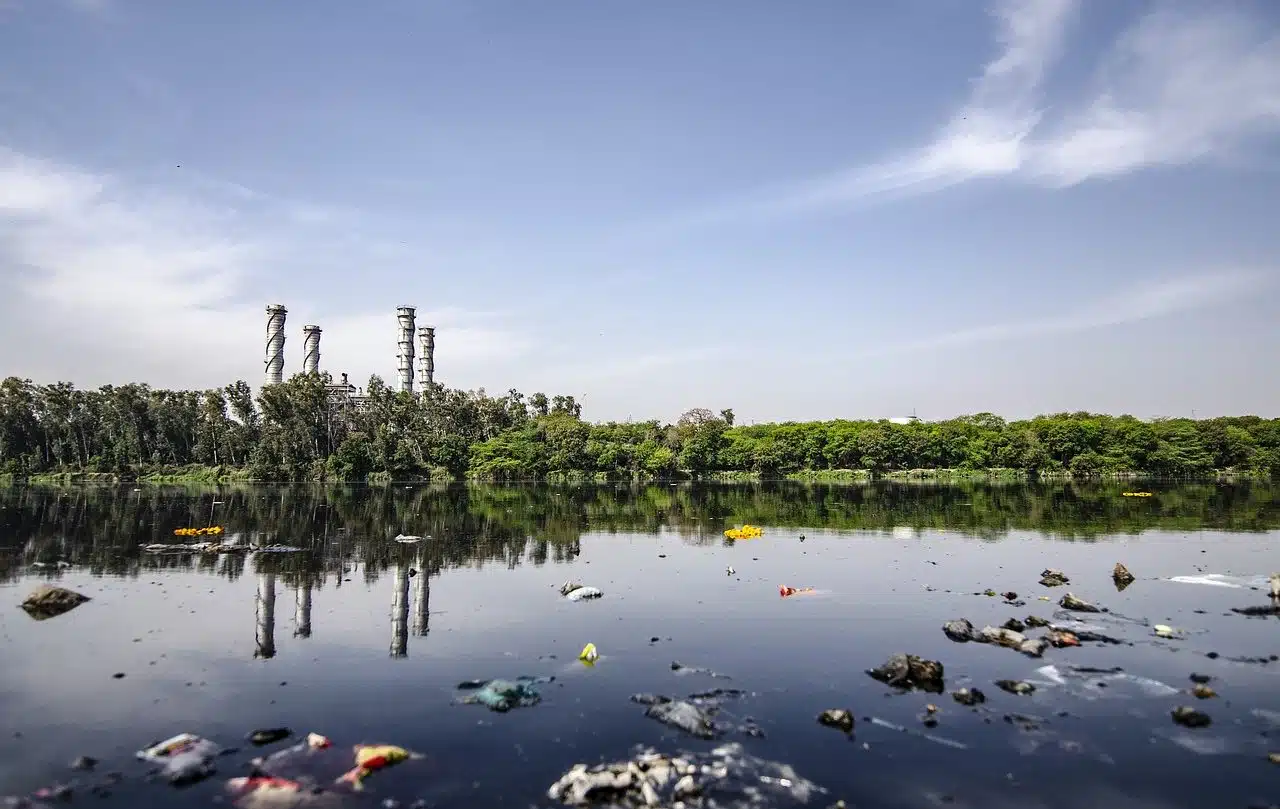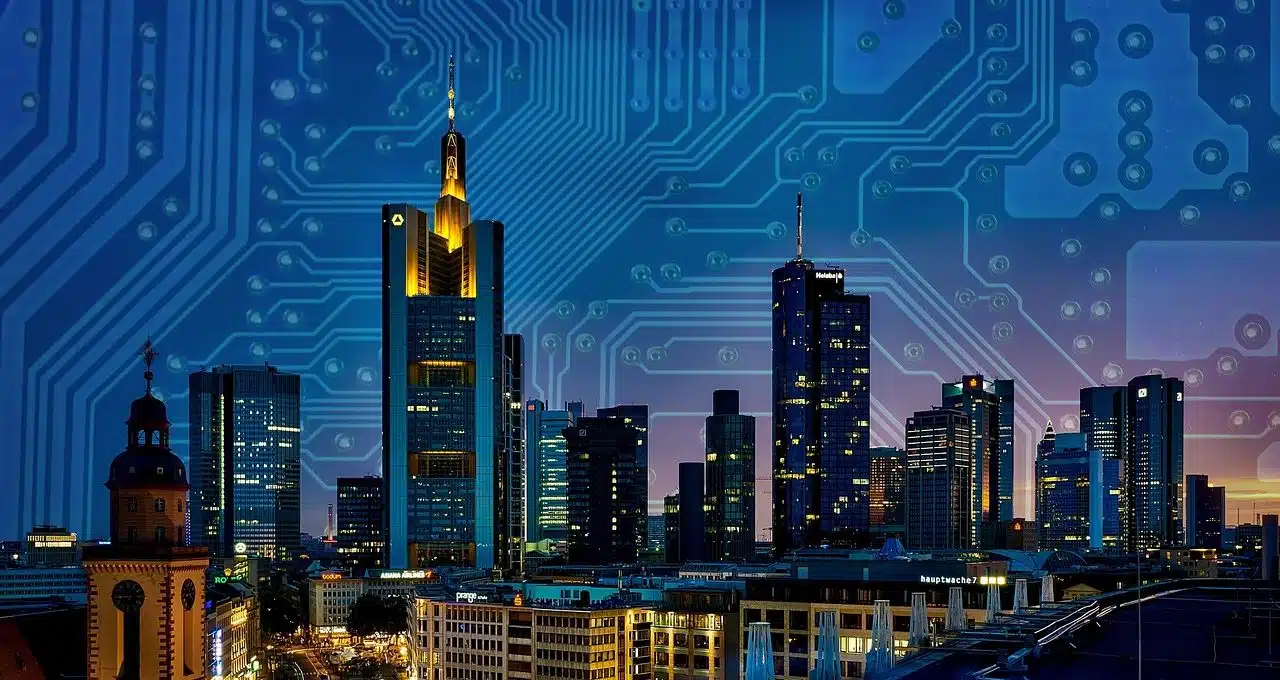
Avoiding water pollution is necessary to achieve sustainable development.
Sustainable development is a concept that refers to the ability to satisfy human needs without harming the environment . What this paradigm seeks is to guarantee the subsistence and progress of human beings by responsible use of natural resources, in such a way that the future of the species is not compromised.
Sustainable development, in this way, aims to achieve poverty reduction by ensuring the conservation of biodiversity and the preservation of water, for example. It also aims to avoid or minimize air pollution and deforestation , among other issues.
Dimensions of sustainable development
Three dimensions can be recognized in sustainable development: ecological , economic and social. These three facets combine and complement each other, without any of them being left aside.
The environmental perspective assumes that human activities should not put fauna or flora at risk. Decent work and economic growth, likewise, are two essential points in the efforts to achieve a reduction in inequalities. Human rights , likewise, must be guaranteed while pursuing social justice.
Caring for the environment
Caring for the environment is one of the central aspects of sustainable development. Within this framework, it is intended that productive activities are carried out with environmental awareness and based on clean technologies.
In the face of climate change and global warming , reducing the carbon footprint is essential. The search for energy efficiency and the use of renewable energies (such as wind energy or solar energy) are very important for development to be sustainable.
In this context, sustainable mobility must be promoted. Promoting the use of bicycles and electric vehicles is one of the necessary measures, as is improving public transportation systems to discourage the use of private cars.
Environmental protection also requires working to conserve forests. In addition to reducing logging, reforestation actions must be carried out.
Sustainable development is also not possible without proper waste management . The ideal is to move towards the idea of zero waste, stimulating recycling .

Sustainable development contributes to the mitigation of climate change .
Sustainable development and the economy
It must be considered that sustainable development is always associated with economic development . It is not about canceling the activities of the economy, but about adapting them to ecological and social needs.
There are several economic concepts linked to sustainable development. We speak of circular economy to refer to a model of responsible production and consumption that contemplates sharing, reusing, restoring and recycling goods as much as possible.
The green economy , meanwhile, is one that reduces ecological deficiencies and environmental risks. In a similar sense, the blue economy recognizes the economic importance of the ocean without neglecting its significance for life.
Corporate social responsibility (which requires companies to respect the ecology and the communities in which they are immersed) and fair trade (which consists of a balanced relationship between producers and consumers) are also part of sustainable development.
The social view
Sustainable development includes a social perspective; that is, an orientation to problems related to the organization and functioning of society. It is understood that sustainable development must encourage citizen participation and ensure education for all, for example.
Food security is another of the missions of sustainable development. This concept refers to access at all times to nutritious, safe and sufficient foods that allow nutritional requirements to be met while respecting cultural predilections.
Gender equality is also within the scope of sustainable development. No society can develop if women have fewer possibilities for progress than men, as is often the case in most countries.

The construction of smart cities is part of a plan to promote sustainable development.
The Sustainable Development Goals
The SDGs (Sustainable Development Goals) were adopted by the UN (United Nations Organization) as a guideline so that, in 2030 , all human beings can enjoy prosperity and peace.
These are 17 integrated points that require financial and technological resources , knowledge and creativity to be carried out. The premise is to achieve development that is sustainable at an environmental, economic and social level, prioritizing the less favored classes .
End of poverty; Zero hunger; Health and well-being; Gender equality; Peace, justice and solid institutions; and Sustainable cities and communities are some of the SDGs that make up a joint work agenda between countries.
Beyond the efforts of the UN and the actions promoted at the international level, it is evident that many of the SDGs cannot be met in less than a decade if current conditions are maintained. Sustainable development becomes a utopia when wars , both internal and international, are a sad reality in today's world.
